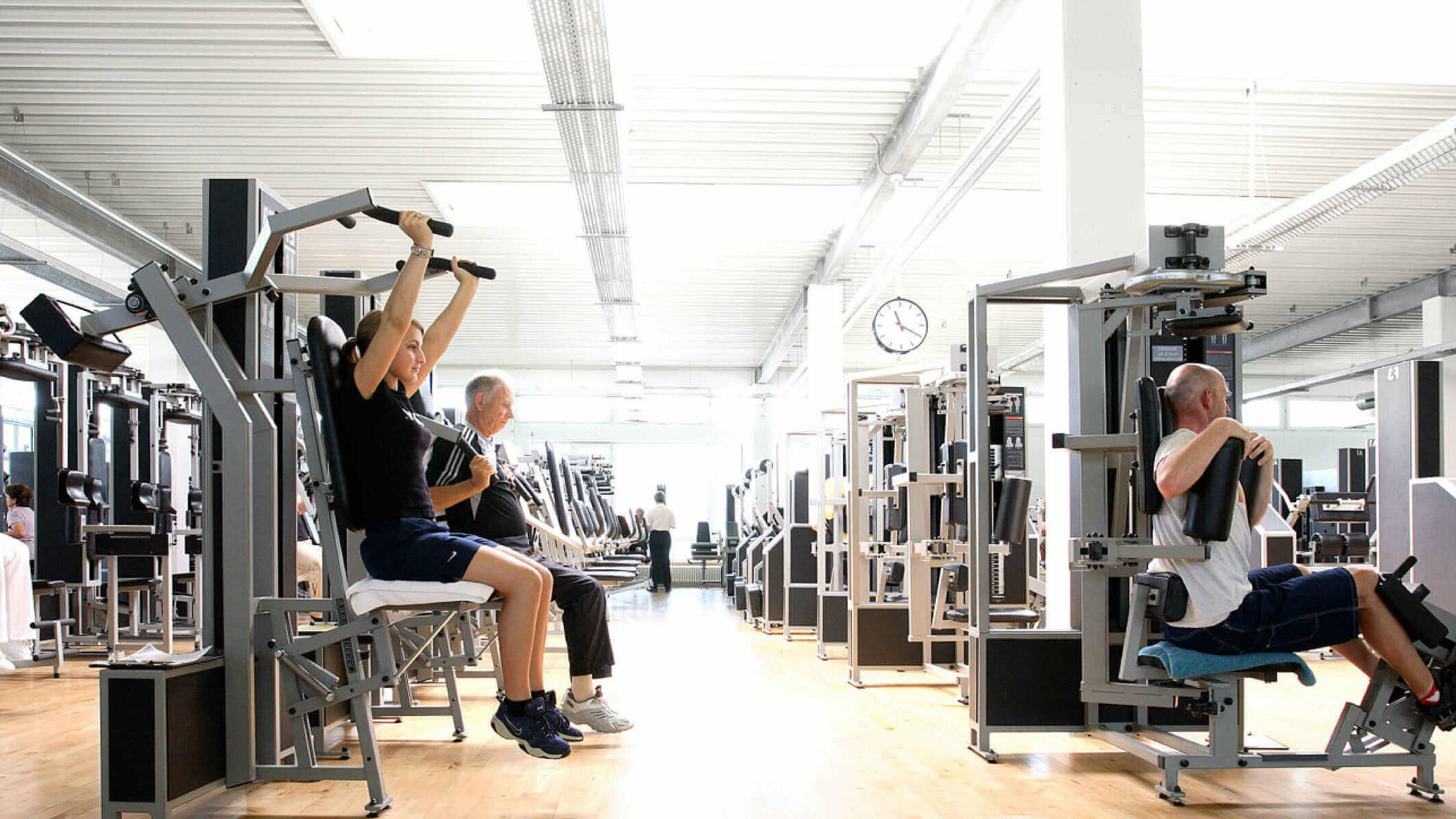The science of Kieser
When we develop pain, the body immediately inhibits the muscles closest to the pain and we modify our movement patterns and posture to avoid painful positions. In as little as 48 hours these important stabilising muscles begin to weaken and atrophy. It is this weakness that leaves us more susceptible to suffering recurring episodes of pain and eventually chronic pain.
The Kieser method is designed to intervene through active and early rehabilitation and rebuilding strength where there is weakness or instability.
Strength training can:
- Increase bone mineral density by loading the bones which induces bone strains (Beck et al.,2017)
- Increase muscle mass as we age and lead to improved functional capacity. (Aagaard et al.,2010)
- Increase basal metabolic rate and fat oxidation to prevent obesity andunneccesary weight gain (Kirk et al.,2009)
The Kieser Journey
Initial assessment with a Physiotherapist or Exercise Physiologist
Initial strength test
Commence assisted training or independent training
Follow up with Physiotherapist or Exercise Physiologist as needed
Strength retesting & regular training review sessions
BOOKING FORM
Terms and conditions: Only available to new Kieser clients. Offer only available on an initial physiotherapy assessment. 1/2 price initial physiotherapy assessment will be $55.50 (RRP $111).

What do my grip strength results mean?
Grip strength is a measure of muscular strength or the maximum force/tension generated by one’s forearm muscles. Research indicates that grip strength in can predict physical disability in senior years and help evaluate a individual's overall health.
Our team can provide you not only with a measure of how much force you can generate, but provide you with a percentile rank to tell you how your grip strength compares to the normal population of the same age and gender.
